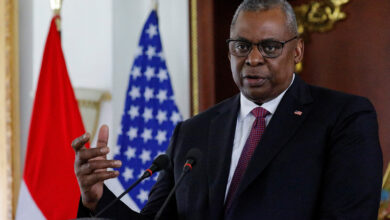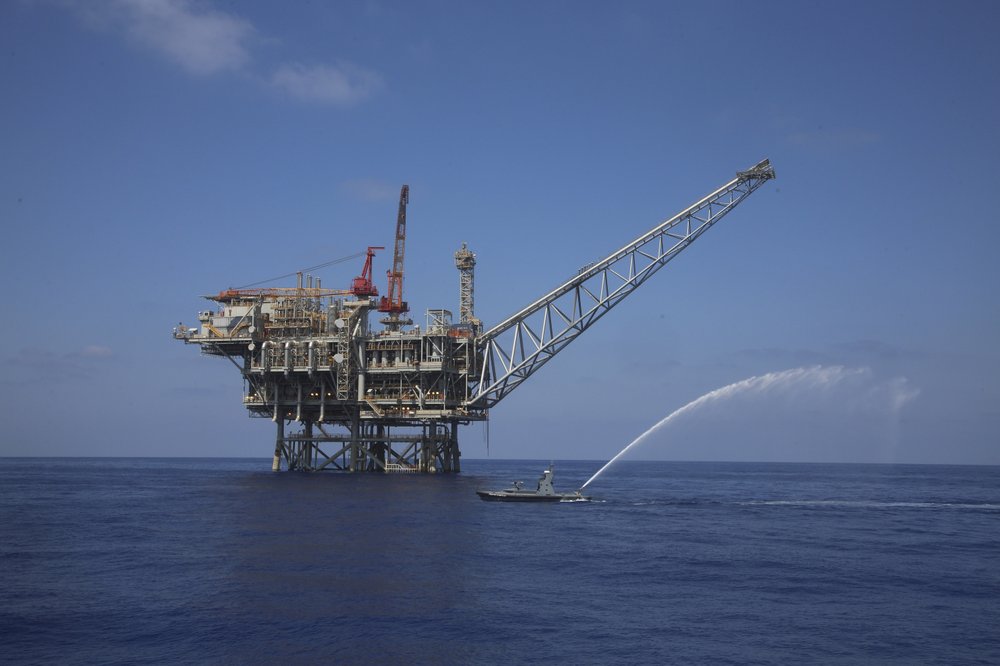US lawmakers are mulling a $1 billion aid package to Jordan, a third of which would defray costs of regional instability, including huge refugee flows from neighboring Syria.
A subpanel of the House Appropriations Committee will review the aid during a markup of a broader bill committing some $34.1 billion in overall State Department and foreign operations for fiscal year 2014, which begins October 1.
While the overall figure is about 19 percent less than the current year's amount, owing to efforts to reduce the US deficit, the funding request for Jordan, a close ally, was fully met.
If approved, Washington would provide Jordan with $360 million in economic support, $300 million for military financing, and an additional $340 million for overseas contingency operations including the global war on terrorism.
The funding is in addition to the $200 million that President Barack Obama pledged to Jordan in March.
"Jordan needs our support, and we include additional funding for the costs associated with the hundreds of thousands of refugees they have welcomed into the country," congresswoman Kay Granger, who chairs the State and foreign operations subcommittee, said at a hearing Friday.
The small kingdom — a key Western ally and one of just two Arab countries to have signed a peace treaty with Israel — says it is hosting some 550,000 refugees from Syria.
The bill also fully funds the State Department's embassy and diplomatic mission security request to the tune of $4.8 billion.
House Appropriations Committee chairman Hal Rogers said such funding would "help avoid tragedies like the loss of life in the recent Benghazi terrorist attack."
Four Americans, including the ambassador to Libya, died during an attack on the US mission in Benghazi last September 11, raising questions about the level of security at US outposts in volatile regions.
Meanwhile the World Bank announced Thursday it would provide $150 million in emergency aid to Jordan to help it cope with the "immense pressure" of the flood of Syrian refugees.




